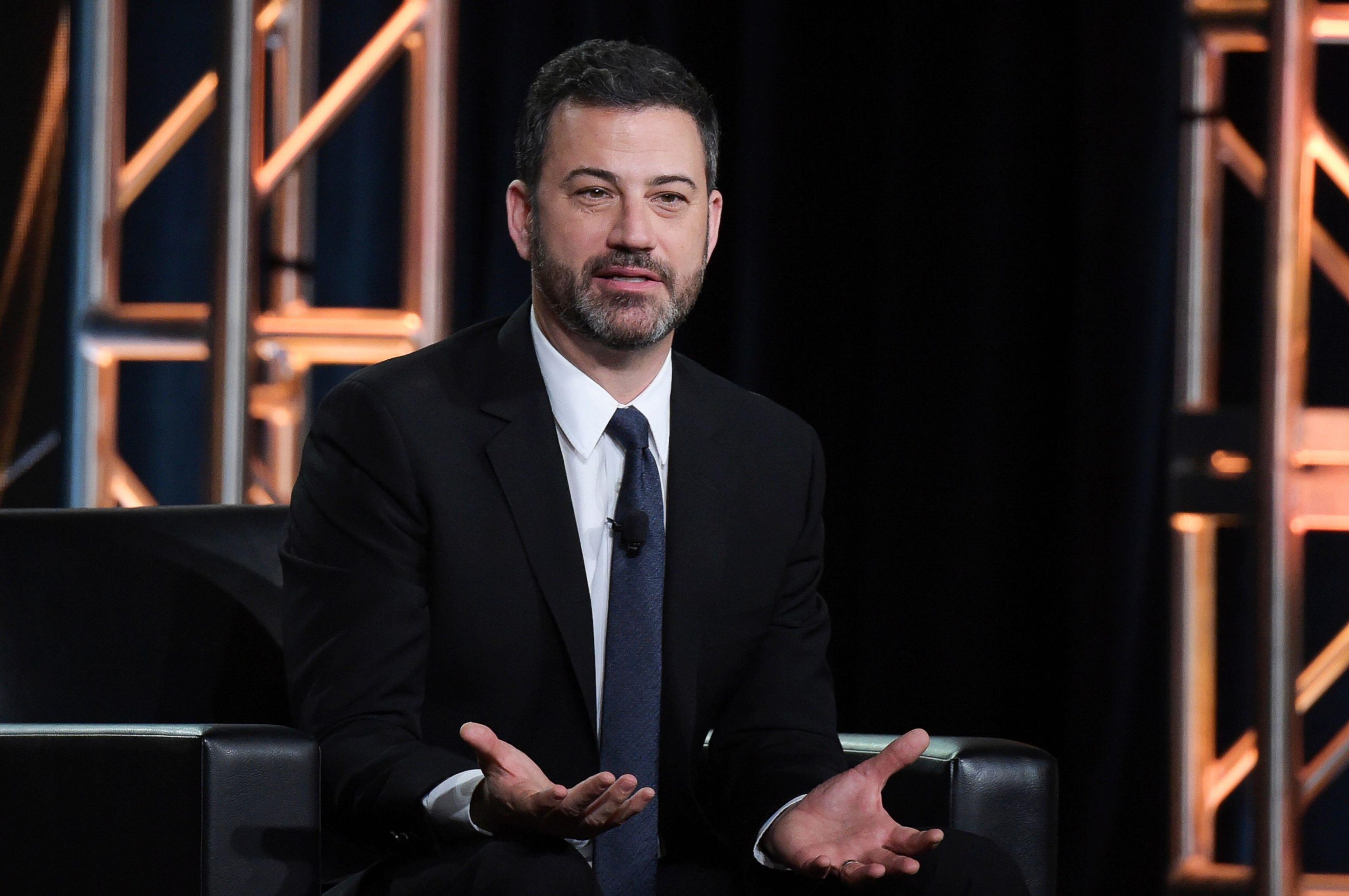Egypt’s secretary of education has instructed educational institutions to prohibit students from engaging in political activities.
The prohibition is understood to include taking part in political debates, writing articles, joining demonstrations, and setting up blogs. The Education Secretary’s announcement comes on the heels of escalating legal and electronic assaults that target Egyptian children who show an interest in future reforms to the political system of their country.
The case of Ayaa and friends
Ayaa is a 14 year old student. With other Egyptian youngsters she set up online activist group Revolution Under Age or “Thawra mama’hash bitaqa”. Their ages range from 14-16 and their backgrounds represent the range of religious and social groups of their country. Revolution Under Age has one purpose: to champion civil freedoms. Through art and words, these youngsters express their views on what they believe to be the threat of a return to the oppressive political culture that existed in Egypt before the Revolution un Tahrir Square. Although most have never met, these internet friends all want a civil democratic government that represents an egalitarian society.
In mid February, Ayaa and Ali Hisham, another 14-year old founder of the blog, appeared in a popular TV programme, Children of the Arab Spring. Also appearing in the programme were 9-year old Ali Hani and 17-year Mazen Hilmy. The four urged continued activism, saying this alone could prevent a return to the corruption of the past. Ayaa, whose parents both have a military background admitted that she was never allowed to join demonstrations. However, Ayaa and her fellow young guests of the programme rejected the continued rule of their country by the Military Council SCAF.
The youngsters also discussed the contents and approaches of Egyptian education. They noted that in their schools history, religion, and other subjects central to Egyptian identity were all geared to glorifying the rulers. They felt that questions were often discouraged, that school officials did not approve of dialogues. The TV series alarmed military rulers and those who defend the political culture that these young people hoped to change.
There are more and more young people like Ayaa and her friends in Egypt. In order to quash the example that their voices may set, the state apparatus went on an all fronts offensive against Egypt’s young people who dare to express political views. To further sustain its assault against adolescents, the state seeks to intimidate their parents and any media outlet that associates itself with young voices. Two lawyers with close ties to SCAF and former President Mubarak filed a complaint against the presenter of the programme to the Public Prosecutor. The complaint accuse him of abusing children by engaging them in political debates. Mubarak’s lawyers described the programme as the devil’s idea aimed at instilling novel standards in future generations. Children’s exposure must be restricted to children’s topics, the complainants noted. Other SCAF/Mubarak voices in the media repeated similar accusations in condemnation of the programme’s makers.
Yet more worrying, however, is the daily war of intimidation on Facebook, Twitter, YouTube, blog sphere, and email accounts directed at young Egyptians who campaign for civil freedoms and against the continued rule of the Military Council SCAF. The State’s electronic militias target their websites and use fake accounts to bombard the children’s Twitter and Facebook pages with abusive messages. The electronic militias, or electronic committees, as Egyptians now call them, were first set up by the party of the ousted President Mubarak. The ruling party’s Media and Youth officials ran their operations. Their official purpose was to reach younger Egyptians. In the case of Ayaa and her friends, they receive messages describing them as traitors soiled by Western ideas, and with a barrage of obscene insults. In the past week, young activists received a threat from an email account named “mubaraksons”.
In late 2010 younger Egyptians used the electronic media to organise themselves into what became the Tahrir Square Revolution. Now these electronic state-sponsored militias appear to be a key player in the struggle between two political cultures competing to decide the shape of Egypt. The keenness with which SCAF is using the might of the state apparatus to pursue the children of its country is cause for concern, and not only to groups that defend freedom of speech.
Haifaa G Khalafallah is a former Middle East Editor for Index on Censorship




